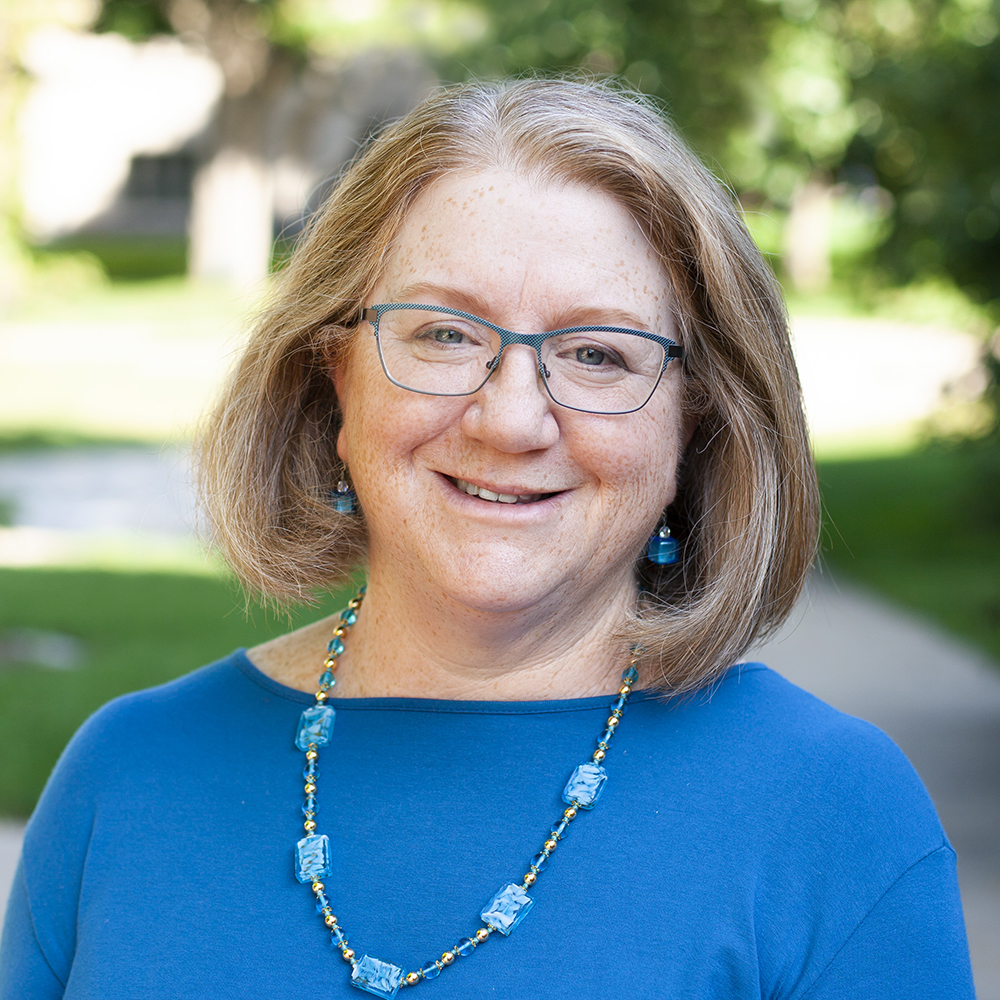Commentary on Psalm 27
Psalm 27 is one of the most profound prayers in the entire Bible. The depth of the psalmist’s trust in God echoes across the ages, leading James L. Mays to rank it right up there with Psalm 23 for sheer inspirational potential. Mays says that this psalm “teaches what trust is like, and it leads those who follow its lines in liturgy or meditation toward that trust.”1
We would be doing the psalm an injustice, however, if we did not recognize that it arises out of a context of profound pain. Prayers like this don’t spring out of nowhere, after all. Those who seek to make sense of it would do well to ask, “What brought that on?”
The psalmist’s situation
This psalmist is in serious trouble. Verse 2 refers to “adversaries and foes,” and verse 3 suggests that these are numerous enough to warrant being called an “army.” But the specific nature of the threat doesn’t become clear until verse 12, where the psalmist says, “False witnesses have risen against me, and they are breathing out violence.” The intensity of the attack helps us understand the brutality of the metaphor in verse 2, where the psalmist says, “[These] evildoers … devour my flesh.”
Whoever said, “Sticks and stones may break my bones, but words will never hurt me,” was either lying or deluded. Not so this psalmist. Words can and do hurt, especially in a society that placed such a high priority on the testimony of witnesses. In the Old Testament context, it took two witnesses to convict (see Deuteronomy 17:6; 19:15). However, the story of Naboth (1 Kings 21) illustrates that even that precaution was no guarantee. In that story, Queen Jezebel secures two witnesses to lie, and Naboth loses both his vineyard and his life.
So the stakes are high for the person praying this prayer. It may even be a matter of life and death.
An overview of the psalm
Against that background, then, we are better prepared to appreciate the whole psalm. It falls into three sections:
- Verses 1–6: Statements of trust in God
- Verses 7–12: Petitions for refuge and deliverance
- Verses 13–14: Further statements of trust and encouragement
Let’s look at each section in turn before returning to consider the ways in which the entire psalm speaks for and to us today.
Verses 1–6: The Lord is my light
Given the seriousness of the psalmist’s situation, it’s remarkable that images of light, salvation, and safety dominate these opening verses. This is even more striking when we consider that this psalm is technically a lament—a form that typically begins with a list of complaints. This psalmist simply fast-forwards to expressions of trust and lets God (and us) figure out his complaints from hints along the way.
The one thing the psalmist longs for most is “to behold the beauty of the LORD, and to inquire in his temple” (verse 4). This is the “stronghold/refuge” he seeks—a place where lies cannot survive God’s holy gaze. It’s also the place where the psalmist’s expressions of trust can burst forth in full-throated praise (verse 6).
Verses 7–12: Hear, O Lord, when I cry aloud
In these verses the psalmist pleads with God for help. “Hear, O LORD, when I cry aloud!” he begs (verse 7). Then, as if he fears he has been too bold, he receives a little pep talk from his own heart (verse 8). Thus encouraged, he blurts out his petition (verse 9), which is that God not abandon him.
While verse 12 restates the psalmist’s primary petition, verse 11 asks God, “Teach me your way … and lead me on a level path.” There is a dash of modesty in this prayer that we often forget when begging God to do our bidding. As John L. Bell puts it, we might do well to give up “advising God and instead [ask] that God might reveal what a better way might be.”2
Verses 13–14: Wait for the Lord
Petition turns back to trust at the conclusion of the psalm, although different translations vary as to the intensity of that trust. The New Revised Standard Version’s “I believe that I shall see the goodness of the LORD in the land of the living” (verse 13) gives the impression that the psalmist’s faith is rock-solid. The Jewish Publication Society’s version of the same verse leaves room for what may be a slight wobble. It reads, “Had I not the assurance that I would enjoy the goodness of the LORD in the land of the living …”
Who of us has not had similar moments of hesitation? Perhaps the psalmist’s response to his own unfinished sentence can speak into our uncertainty. “Wait for the LORD,” he counsels. “Be strong and let your heart take courage; wait for the LORD!” (verse 14).
Seeking truth and comfort in a culture of lies
Even if we are not personally beset by slanderous enemies, the deep trust this psalm teaches is relevant to a culture beset with so much disinformation, propaganda, and lies.
The stakes are high. It may even be a matter of life and death.
One of the most heartening things about this psalm is that faith and confidence do not seem to be contingent on having “arrived” at the place of absolute safety. The “light” of God’s face is reflected in the psalmist’s words throughout the psalm.
Even if doubt occasionally threatens to undo us, the psalmist counsels us to “wait for the LORD.” For isn’t that what faith means? Trusting God even in the midst of fear and uncertainty? As the author of the book of Hebrews put it: “Faith is the assurance of things hoped for, the conviction of things not seen” (Hebrews 11:1).
Notes
- James L. Mays, Psalms (Louisville: Westminster John Knox Press, 1994), 130.
- John L. Bell, Living with the Psalms (London: Society for Promoting Christian Knowledge, 2020), 138.


March 16, 2025